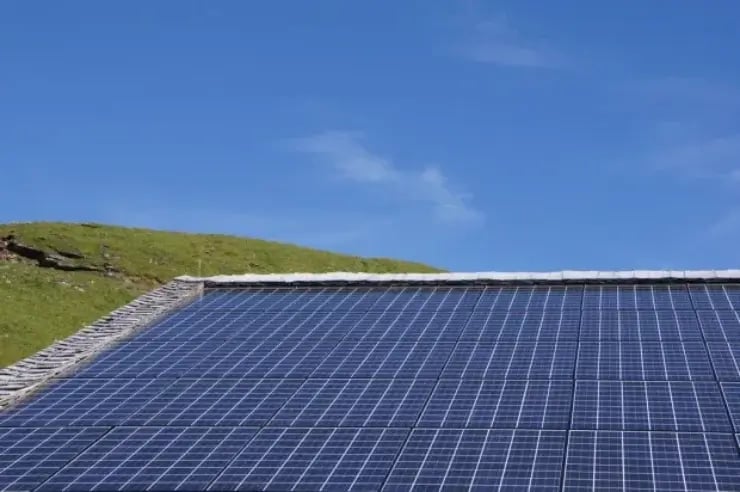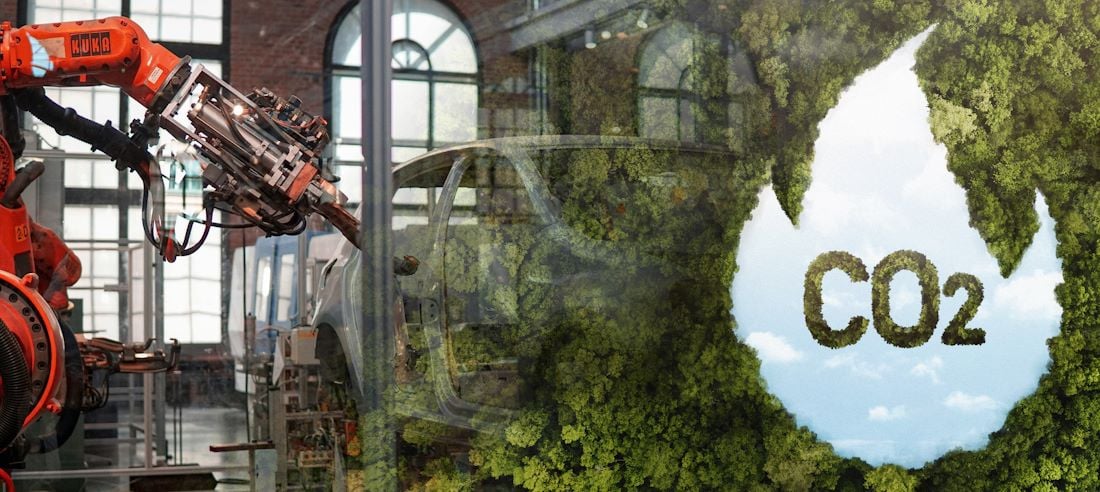The Brundtland Report systematically defined the various factors related to society’s new paradigm known as “sustainable development”. From its publication in 1987, the debates on this topic have penetrated deeper into many areas of the economy and government.
In following these debates, we notice that the expression “Sustainable Production” is being frequently allied to the manufacture of goods and services through systems that seek:
- The reduction of non-renewable natural resources used, including primary energy sources;
- To not pollute or endanger renewable natural resources;
- The health and safety of workers, society and consumers, and;
- To guarantee profits as well as social benefits for workers and nearby communities.
Therefore, a Sustainable Production scenario depends on many ecological, sociocultural and economic issues. From an environmental point of view, products and their packaging must be designed to ensure proper environmental health and safety in consideration of the whole lifecycle; while services must satisfy actual human needs with equity and justice.
Thanks to the study and monitoring of the productive process, it is possible to manage residues and sub products whether by avoiding them, reducing their production or promoting recycling all along their lifecycle paths.
Speaking of energy, it must be wisely used in order to conserve available sources and reduce its consumption. Careful choices must be made regarding which energy source is selected, given availabilities, natures and environmental impacts.
Chemical substances and productive processes with potential risks to human or environmental health must be eliminated from the entire system, especially ones found in the workplace or in contact with consumers and workers.
Additionally, work environments should be created to encourage the workers’ efficiency and creativity so as to foster ongoing development of their potentialities and skills, while not forgetting to prioritize safety and well-being.
Obviously, a company ought to strive for long-term economic feasibility and should also seek to act in a way that is responsible to the local community’s economic, social and cultural development.
To conclude, we can state that, in contraposition to short-term, yet unsustainable results, the greatest advantage of Sustainable Production is the value and benefit derived from the positive and long-term socioeconomic and environmental consequences.
Article image by twicepix





